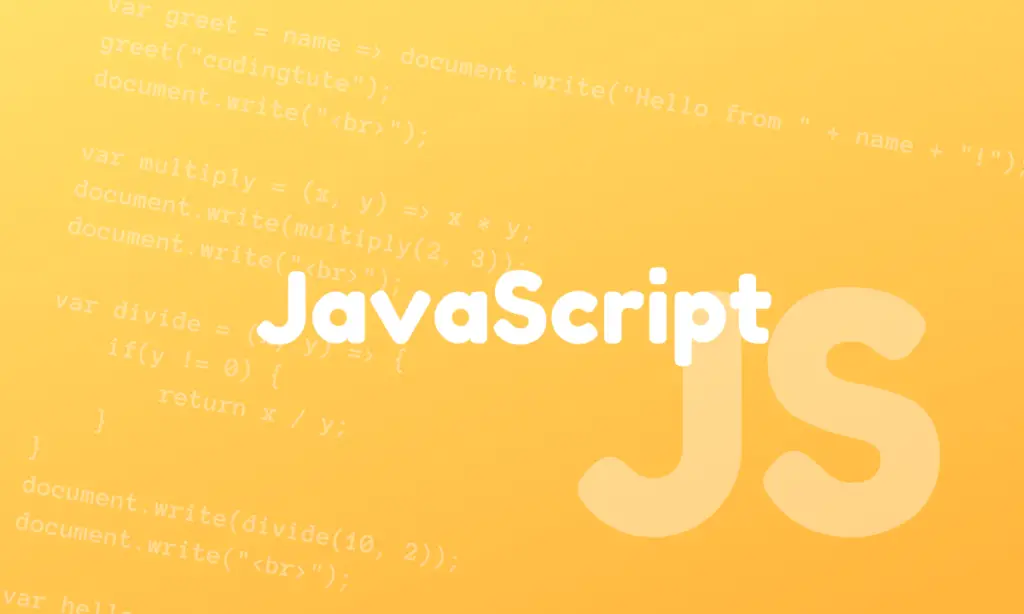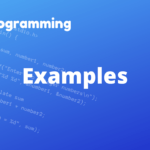In this tutorial, you will learn about “use strict” mode in JavaScript.
“use strict” is a directive in JavaScript that enables strict mode for the code in which it appears. Strict mode is a feature in JavaScript that makes the language more strict and secure by applying a series of restrictions and error checks on the code.
One of the main purposes of strict mode is to prevent mistakes that are easy to make when writing JavaScript code. For example, in strict mode, it is not allowed to use undeclared variables, which can help prevent accidental global variable declarations. Strict mode also disables certain features that are considered to be “unsafe” or potentially error-prone, such as the ability to delete variables or objects.
To enable strict mode in JavaScript, you can include the “use strict” directive at the beginning of a script, function, or block of code. Here is an example of how to use “use strict” in a script:
"use strict";
// Your code goes here
You can also enable strict mode for a specific function by including the “use strict” directive at the beginning of the function definition:
function myFunction() {
"use strict";
// Your code goes here
}
It is generally recommended to use strict mode in your JavaScript code, as it can help prevent potential errors and make your code more secure. However, you should be aware that strict mode may cause some existing code to break, as it disables certain features that were allowed in previous versions of JavaScript.
You can find the complete JavaScript Tutorials here.
Follow us on Facebook, YouTube, Instagram, and Twitter for more exciting content and the latest updates.


